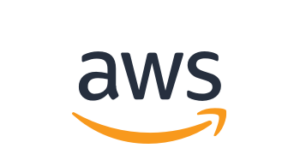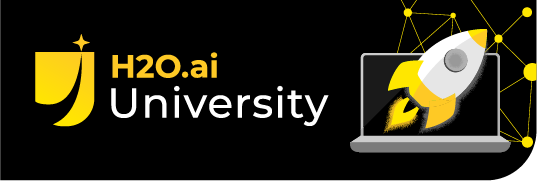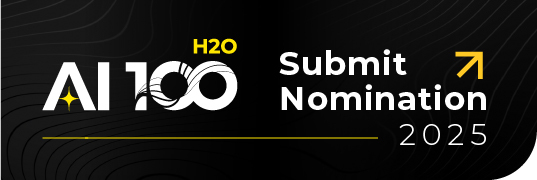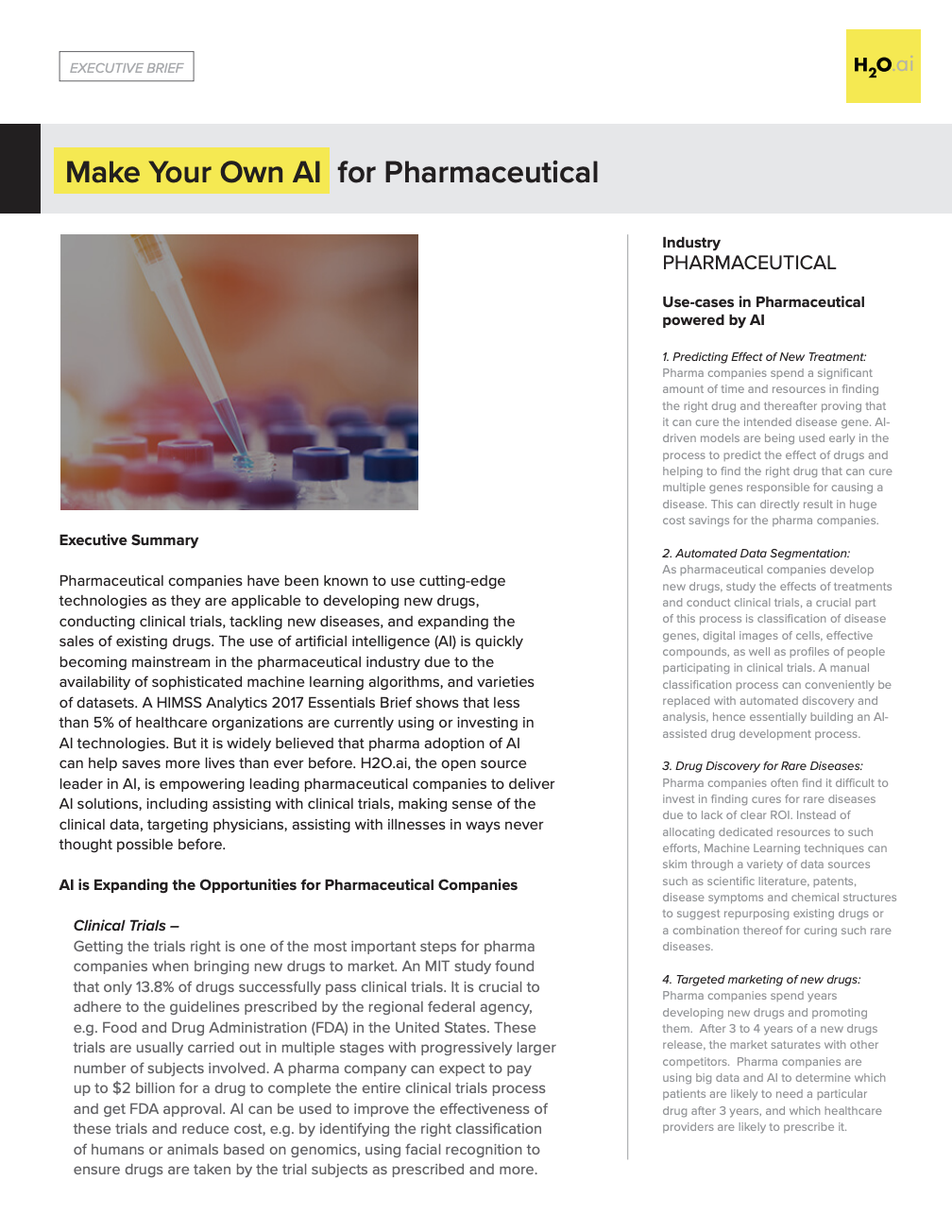Make Your Own AI for Pharmaceutical
AI is Expanding the Opportunities for Pharmaceutical Companies
Executive Summary
Pharmaceutical companies have been known to use cutting-edge technologies as they are applicable to developing new drugs, conducting clinical trials, tackling new diseases, and expanding the sales of existing drugs. The use of artificial intelligence (AI) is quickly becoming mainstream in the pharmaceutical industry due to the availability of sophisticated machine learning algorithms, and varieties of datasets. A HIMSS Analytics 2017 Essentials Brief shows that less than 5% of healthcare organizations are currently using or investing in AI technologies. But it is widely believed that pharma adoption of AI can help saves more lives than ever before. H2O.ai, the open source leader in AI, is empowering leading pharmaceutical companies to deliver AI solutions, including assisting with clinical trials, making sense of the clinical data, targeting physicians, assisting with illnesses in ways never thought possible before.


AI is Expanding the Opportunities for Pharmaceutical Companies
Clinical Trials –
Getting the trials right is one of the most important steps for pharma companies when bringing new drugs to market. An MIT study found that only 13.8% of drugs successfully pass clinical trials. It is crucial to adhere to the guidelines prescribed by the regional federal agency, e.g. Food and Drug Administration (FDA) in the United States. These trials are usually carried out in multiple stages with progressively larger number of subjects involved. A pharma company can expect to pay up to $2 billion for a drug to complete the entire clinical trials process and get FDA approval. AI can be used to improve the effectiveness of these trials and reduce cost, e.g. by identifying the right classification of humans or animals based on genomics, using facial recognition to ensure drugs are taken by the trial subjects as prescribed and more.
Drug Discovery and Development –
Discovering new drugs and developing them is critical for a pharmaceutical company to remain competitive and increase market share. This is the focus area of the R&D teams and it can take years to come up with new drugs worthy of trials, given the complexity of data available to pharma companies. Machine learning can help pharma companies navigate new pathways using imagery, reveal diagnostic markers, and simulate therapies to counter new disease genes. This can increase the success rates of new drugs while reducing the operational costs at the same time.
Market Outreach for Drugs –
As new drugs are developed, pharma companies have to figure out an efficient approach to market them to physicians and practitioners. Depending upon the prescriber history, claims data, electronic medical records (EMR), pharmacy data and CRM systems, pharma companies kick-off a fairly manual process of deciding which doctors to target and create a messaging around it. This also involves making the new drug visible to opinion leaders in the industry to ensure the word gets out quickly. Machine learning and natural language processing (NLP) can be used to optimize the time taken in this process by intelligently correlating the datasets mentioned above and suggesting an optimal set of physicians to target.
Use-cases in Pharmaceutical powered by AI
Why H2O.ai for Pharmaceutical – AI to do AI
H2O.ai offers an award-winning automatic machine learning platform in Driverless AI and has been recognized as an industry leader in the Forrester New WaveTM: Automation-Focused Machine Learning Solutions, Q2 2019. H2O, open source, is already being used by hundreds of thousands of data scientists and is deployed at over 18,000 organizations across nearly every industry.
H2O Driverless AI empowers data scientists, data engineers, mathematicians, statisticians and domain scientists to work on projects faster and more efficiently by using automation to accomplish tasks that can take months and can now be reduced to hours or minutes by delivering automatic feature engineering, model validation, model tuning, model selection and deployment, machine learning interpretability, timeseries, NLP, automatic pipeline generation for model scoring and automatic documentation with reason codes, and now bring your own recipes and model operations and administration.
The new innovations and capabilities will enable customers to accelerate their AI transformations in the Pharmaceutical industry.
1. Predicting Effect of New Treatment:
Pharma companies spend a significant amount of time and resources in finding the right drug and thereafter proving that it can cure the intended disease gene. AI-driven models are being used early in the process to predict the effect of drugs and helping to find the right drug that can cure multiple genes responsible for causing a disease. This can directly result in huge cost savings for the pharma companies.
2. Automated Data Segmentation:
As pharmaceutical companies develop new drugs, study the effects of treatments and conduct clinical trials, a crucial part of this process is classification of disease genes, digital images of cells, effective compounds, as well as profiles of people participating in clinical trials. A manual classification process can conveniently be replaced with automated discovery and analysis, hence essentially building an AIassisted drug development process.
3. Drug Discovery for Rare Diseases:
Pharma companies often find it difficult to invest in finding cures for rare diseases due to lack of clear ROI. Instead of allocating dedicated resources to such efforts, Machine Learning techniques can skim through a variety of data sources such as scientific literature, patents, disease symptoms and chemical structures to suggest repurposing existing drugs or a combination thereof for curing such rare diseases.
4. Targeted marketing of new drugs:
Pharma companies spend years developing new drugs and promoting them. After 3 to 4 years of a new drugs release, the market saturates with other competitors. Pharma companies are using big data and AI to determine which patients are likely to need a particular drug after 3 years, and which healthcare providers are likely to prescribe it.
Customer Case Studies
- A leading U.S. based pharma company
- A leading pharmaceutical company in Europe
This pharma company has developed a drug for a disorder affecting joints in hands and feet. They are looking to predict the onset and flare-ups of the disorder, so the drug can be suggested to the right patient at the right time. Using the H2O Driverless AI platform, the customer plans to use data from EMR, wearables and images of pictures showing inflammations.
For a new drug release, this company recognized the need to precisely predict new patients and their doctors before the competition catches up - essentially a few years after the release. They leveraged patient data such as diagnoses, procedures, hospital visits, and patient characteristics like ethnicity, age and weight for this. Using H2O.ai platforms, they were able to successfully identify a few million potential patients to target and their doctors to prescribe the new drug.
Win with AI – Get Started Today
AI is critical to success in the pharmaceutical industry. Driverless AI enables pharmaceutical companies to improve drug discovery, predict effects of treatment, conduct clinical trials efficiently and target their market effectively.











